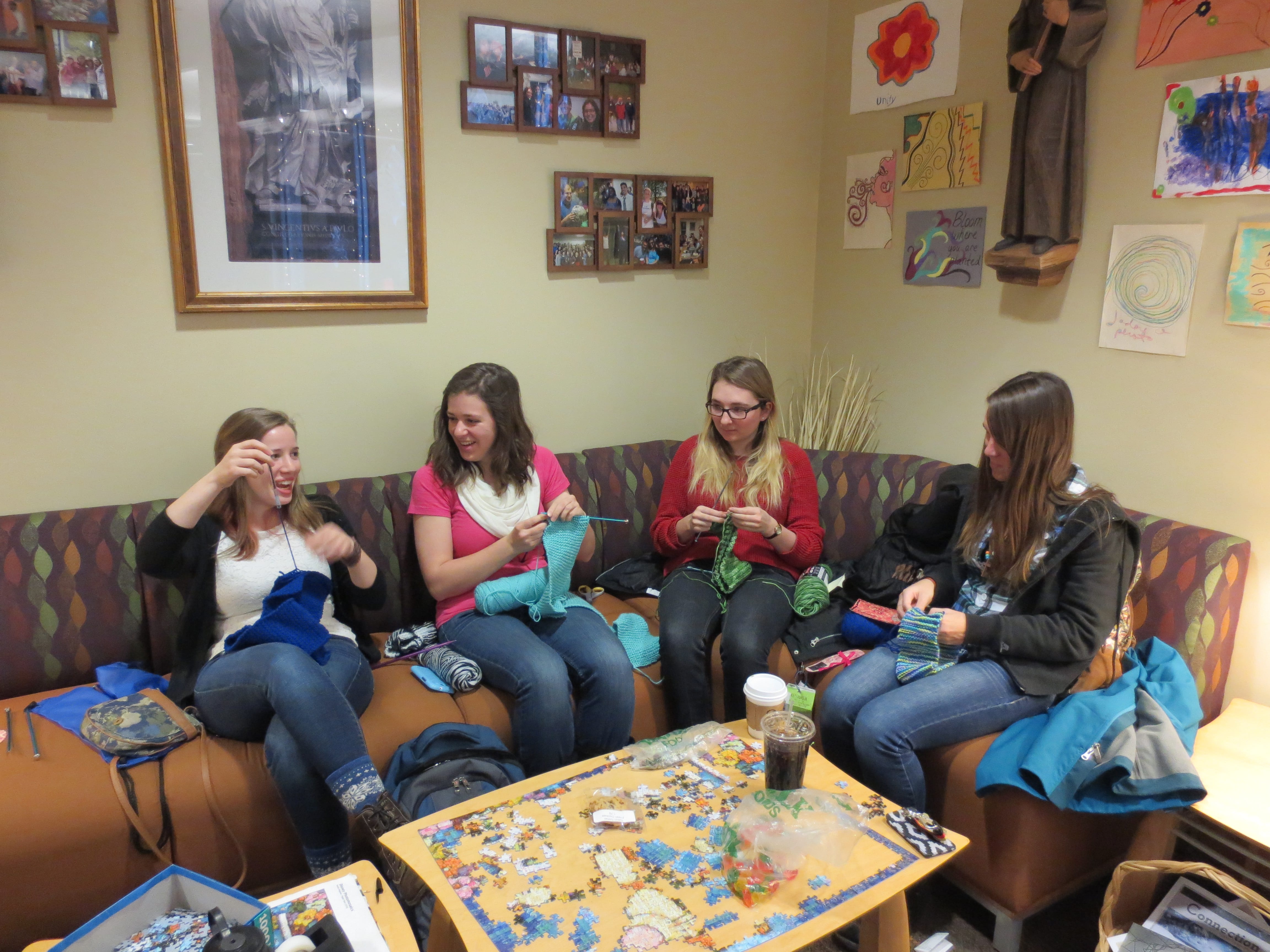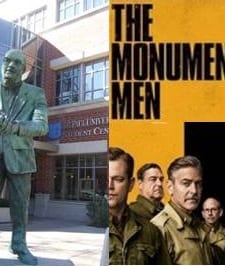
Carter Webb: I pride myself on being this great listener, but whenever I meet somebody new, I find I’m doing all the talking.
Sarah Hardwicke: Maybe you’re not a great listener.
Carter Webb: Hmm?
Sarah Hardwicke: Maybe you’re not such a great listener.
Carter Webb: No that’s not it, I’m a great listener.
“In the Land of Women” script by Jon Kasdan
In “Letter from a Birmingham Jail,” Martin Luther King, Jr. famously and compellingly makes the case for nonviolent direct action against injustice to an audience that claims to be sympathetic to the goals of his movement but worried about the discomfort and tension his methods may create. King argues that the purpose of nonviolent direct action is to force attention to an issue that a community seeks to ignore. King further argues that “constructive nonviolent tension” is not something to be feared but is actually “necessary for growth.”1
I have been struck recently in sessions learning from Grace School of Applied Diplomacy Practitioner in Residence Rafael Tyszblat by the emphasis placed on deep listening. This includes paying attention to emotions. Tyszblat is insistent that conflict will necessarily involve emotions and that attempting to suppress or ignore those emotions is not helpful. Listening to those expressions of emotion by others and paying close attention to our own emotions is essential to constructive engagement amid conflict. Those emotions, while they may contribute to tension, if fully engaged rather than suppressed or ignored can teach us a great deal. Tyszblat argues that we are afraid of emotions because of fears they can lead to violence or other great harms, but in fact most often that escalation proceeds from suppressing or ignoring emotions, not from acknowledging and engaging them. Listening is not always easy but may be most important at times when it is most difficult.
A commitment to listening to and hearing others is central to the Vincentian worldview to which we are committed at DePaul. Vincent included meekness or gentleness as one of the primary virtues necessary to those who lived out the Mission.  Vincent’s understanding suggests that honoring the dignity of all leads as much to listening to others as preaching to them, to serving others as much as directing them. We have seen attempts to live out this commitment in recent times through processes of listening and gaining wisdom such as the crafting of the revised Mission statement,2 the Synodal process in the Catholic Church,3 and Designing DePaul.4
Many people feel that they are not truly seen or heard. Our initial response to a reminder about the importance of listening may be “Yes, people should definitely do a better job of listening to me.” People who have been marginalized or ignored in the past may hear calls for them to listen as calls to continue that marginalization. The primary responsibility for fostering a culture of listening must be on those who have power and privilege in any space.
We may see a call directed towards leaders, and think, “Yes, they really need to do better.” That is likely valid, yet everyone in the University community has some kind of privilege, certainly compared to the population of the world. Of course, some enjoy much more than others. The Prophet Muhammad in a famous tradition taught that “Every one of you is a shepherd and is responsible for their flock.”5 We all have spaces where we are in charge, where we are responsible, as a teacher in the classroom or perhaps supervising a student worker. Let us continue to search for ways that we can lead by listening in those spaces, by doing our best to truly hear the experiences, the concerns, and the wisdom of others.
Questions for Reflection:
- What are essential tools or techniques to being a better listener? What can get in the way of listening to others or make it difficult for us?
- In our political life, many people express a feeling that their concerns and wishes are not listened to, yet many people also rarely participate in opportunities like public meetings or voting. Sometimes at DePaul there can also be a lot of processes meant to foster listening, but people do not always find participating in them possible or worthwhile. Why do you think that is? What are barriers to meaningful participation? Are there times when lack of participation reflects satisfaction, comfort, or trust in decision makers? Are there creative ways to “listen” to people outside of formal processes in which they may be reluctant to engage?
Reflection by: Abdul-Malik Ryan
———————————————————————————————————————–
1 https://www.csuchico.edu/iege/_assets/documents/susi-letter-from-birmingham-jail.pdf
3 https://resources.depaul.edu/newsline/sections/campus-and-community/Pages/Synodal-gatherings.aspx
4 https://www.designing.depaul.edu/
5 https://www.abuaminaelias.com/dailyhadithonline/2011/07/03/shepherd-flock/

